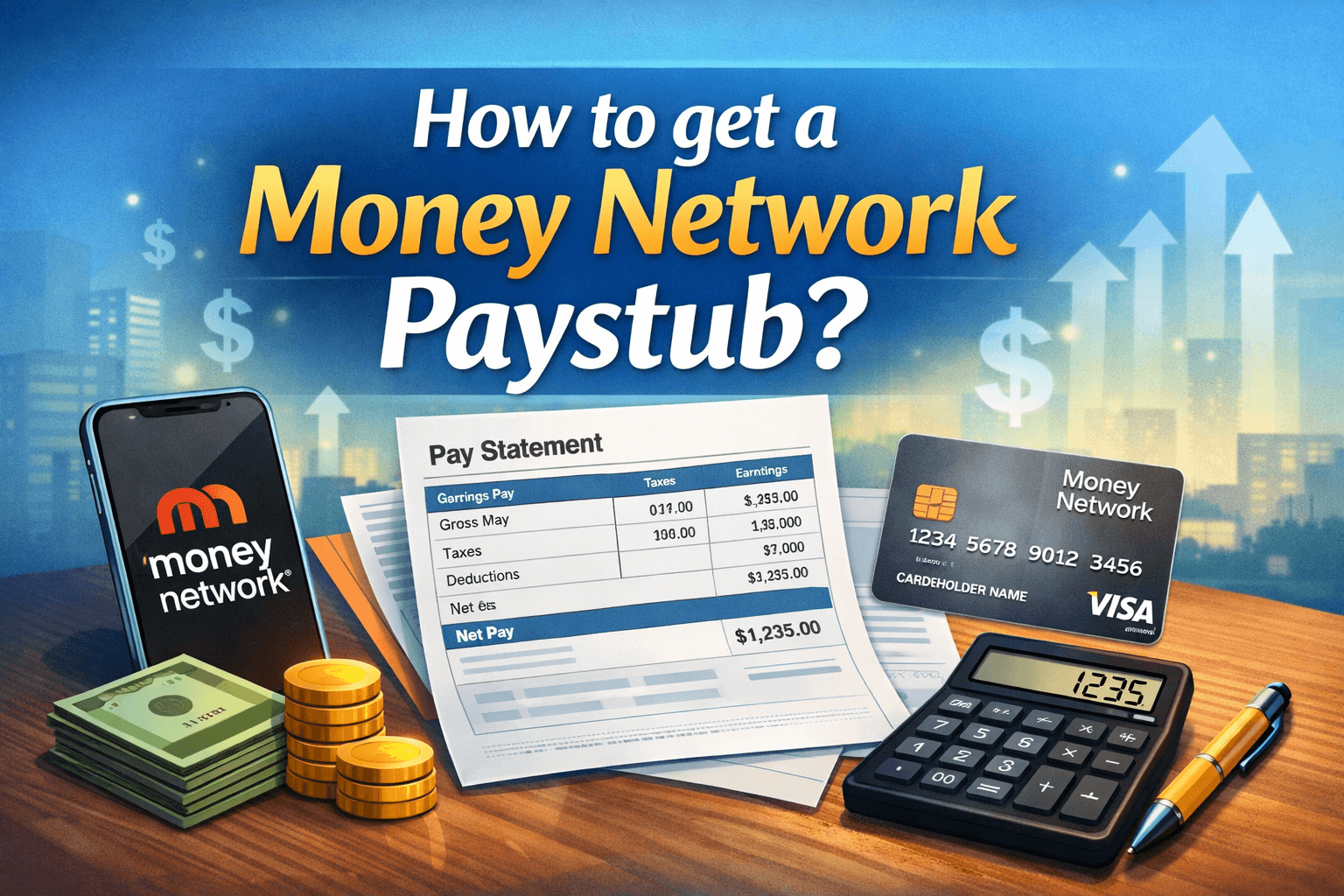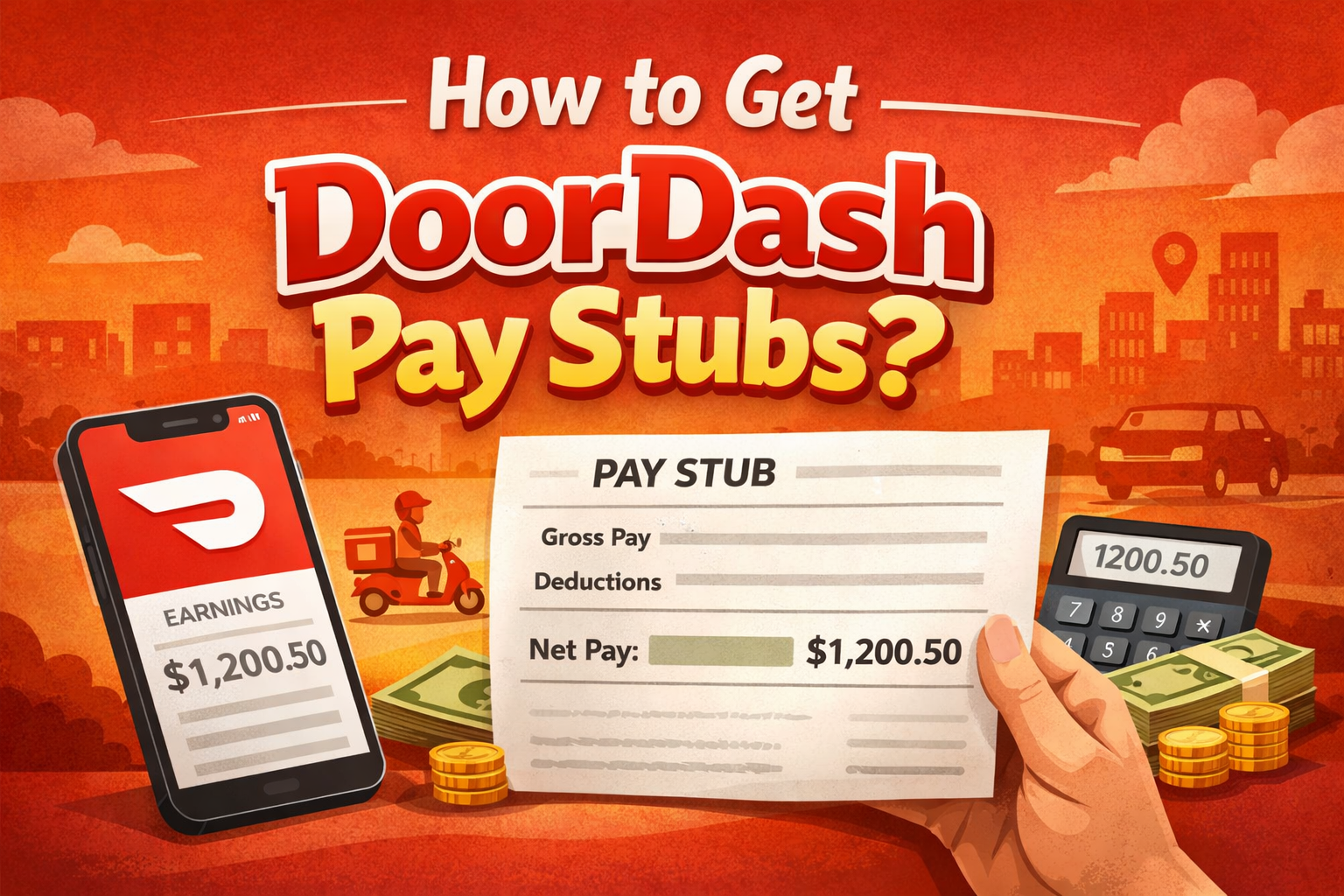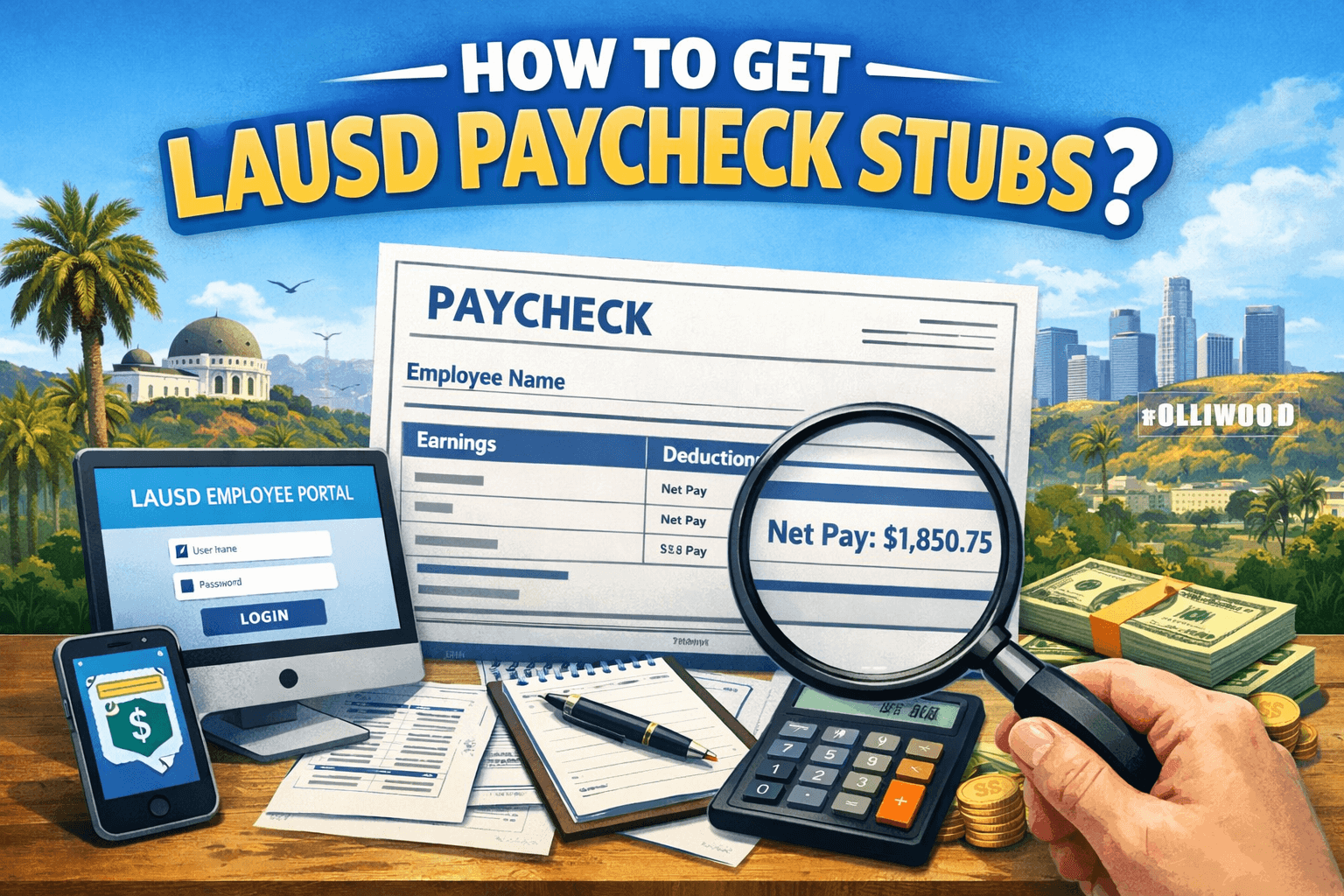Multi-state payroll is when a company has employees working in more than one U.S. state, meaning payroll must follow the tax laws and labor rules of each state involved. For example, if your business is based in Texas but has remote employees in California and New York, you need to handle payroll differently for each state.
This makes payroll more complex, since each state has its own income tax, unemployment tax, and labor regulations. Getting it wrong can lead to compliance issues, tax penalties, or unhappy employees.
How Payroll Solutions Handle Multi-State Employees in the USA
Most payroll software and services are designed to calculate state-specific taxes automatically. They determine the right tax withholdings based on the employee’s work location and residence.
For example:
- An employee who lives in New Jersey but works in New York may have taxes for both states.
- Some states have reciprocal agreements where employees pay tax only in their home state.
This is why small businesses often choose payroll companies to manage the complexity of multi-state payroll processing.
How Do Small Business Payroll Companies Handle Multi-State Payroll?
Small business payroll companies usually:
- Register the employer in each state where employees work.
- Apply the correct state and local tax rates.
- File payroll tax returns in multiple states.
- Ensure compliance with overtime, regular hours, and leave rules like accrued leave.
Some providers even handle niche compliance issues, like wage garnishments or state-specific reporting, so owners can focus on running the business.
How to Do Multi-State Payroll
If you’re managing payroll yourself, here are the key steps:
- Register your business in each state where employees work.
- Collect employee tax forms (W-4 for federal, plus state forms if required).
- Understand state-specific rules, like minimum wage, overtime, and paid leave.
- Withhold the right taxes for both federal and state income taxes.
- Remit payroll taxes to each state on time.
- File state payroll returns regularly.
Doing this manually can be overwhelming, which is why payroll tools like QuickBooks or dedicated payroll companies are popular.
Multi-State Payroll in QuickBooks
If you use QuickBooks, you may be wondering:
- Does QuickBooks do multi-state payroll?
Yes, QuickBooks can handle multi-state payroll, but you’ll need to add each state where you pay employees. - How to set up multi-state payroll in QuickBooks Desktop?
You need to:- Enable payroll features in Desktop.
- Add each state’s tax agency.
- Assign state tax info to each employee profile.
- How to set up multi-state payroll in QuickBooks Online?
Similar steps apply: you’ll add tax details for each state in your payroll settings and assign them to employees individually. - How to process multi-state payroll in QuickBooks?
Once set up, QuickBooks automatically calculates taxes for each state based on where the employee lives and works.
This is very helpful for small businesses that may not want to outsource payroll.
Why Multi-State Payroll Matters
Multi-state payroll is more than just tax rules. It ensures employees get paid correctly, benefits are applied, and compliance issues are avoided.
For example, if you fail to follow state rules, your company could face penalties. On the other hand, a proper system makes things smoother and saves both time and money.
Example of Multi-State Payroll on a Pay Stub
Let’s say John works remotely from Florida but sometimes travels to work in Georgia. His stub might look like this:
- Regular Hours: 80
- Gross Pay: $4,000
- Federal Tax Withheld: $400
- Florida State Tax: $0 (no state tax)
- Georgia State Tax: $150
This breakdown makes it clear how multi-state taxation applies to one paycheck.
Key Takeaways
- Multi-state payroll happens when employees work in more than one state.
- Small businesses must follow state-specific tax and labor laws.
- Payroll companies and QuickBooks can simplify compliance.
- Employees may owe taxes in both their work state and home state, unless there’s a reciprocal agreement.
- Accurate pay stubs are essential for tracking multi-state withholdings.
FAQs About Multi-State Payroll
Q1. What is multi-state payroll in simple terms?
It’s payroll for employees who live or work in different states, requiring you to follow each state’s tax rules.
Q2. How do small businesses handle multi-state payroll?
By registering in each state, following tax laws, and using payroll software or outsourcing.
Q3. Can QuickBooks manage multi-state payroll?
Yes, but you need to set up each state’s tax info in your payroll settings.
Q4. How do reciprocal agreements affect payroll?
If two states have an agreement, employees only pay taxes in their home state.
Q5. What’s the risk of not handling multi-state payroll correctly?
Incorrect filings can lead to tax penalties and compliance issues.
Manage Multi-State Payroll Easily
Keeping payroll accurate across states can be tricky. With an online paycheck stub generator, you can clearly show deductions, taxes, and hours — making payroll transparent for both you and your employees.







